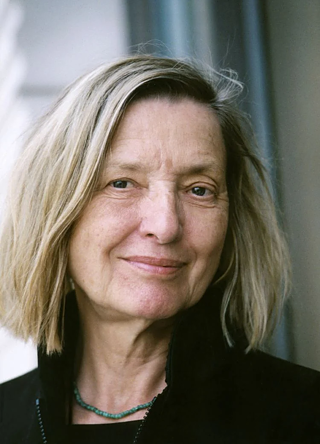Event series
February 6 to 17, 2025
Helma Sanders-Brahms, German trajectories
Film Cycle|Film Cycle at Cinémathèque québécoise

Helma Sanders-Brahms: A formative force in New German Cinema
In the 1960s, Helma Sanders-Brahms worked as a caregiver and TV presenter before becoming an assistant to Sergio Corbucci and Pier Paolo Pasolini. She began directing her own films, ranging from fiction to documentaries, and many containing autobiographical elements, in 1969. Her first films tackled themes such as labor, migration, and the situation of women in West Germany. By the late 1970s, she moved away from overtly political subjects to favour more personal stories, intertwining mother-daughter relationships with Germany’s turbulent history. She gained international recognition with Germany, Pale Mother (1980), a film depicting the daily lives of German women during and after the Nazi era. This work established her as a significant figure of New German Cinema, alongside Rainer Werner Fassbinder, Werner Herzog, and Wim Wenders.
In the 1960s, Helma Sanders-Brahms worked as a caregiver and TV presenter before becoming an assistant to Sergio Corbucci and Pier Paolo Pasolini. She began directing her own films, ranging from fiction to documentaries, and many containing autobiographical elements, in 1969. Her first films tackled themes such as labor, migration, and the situation of women in West Germany. By the late 1970s, she moved away from overtly political subjects to favour more personal stories, intertwining mother-daughter relationships with Germany’s turbulent history. She gained international recognition with Germany, Pale Mother (1980), a film depicting the daily lives of German women during and after the Nazi era. This work established her as a significant figure of New German Cinema, alongside Rainer Werner Fassbinder, Werner Herzog, and Wim Wenders.

